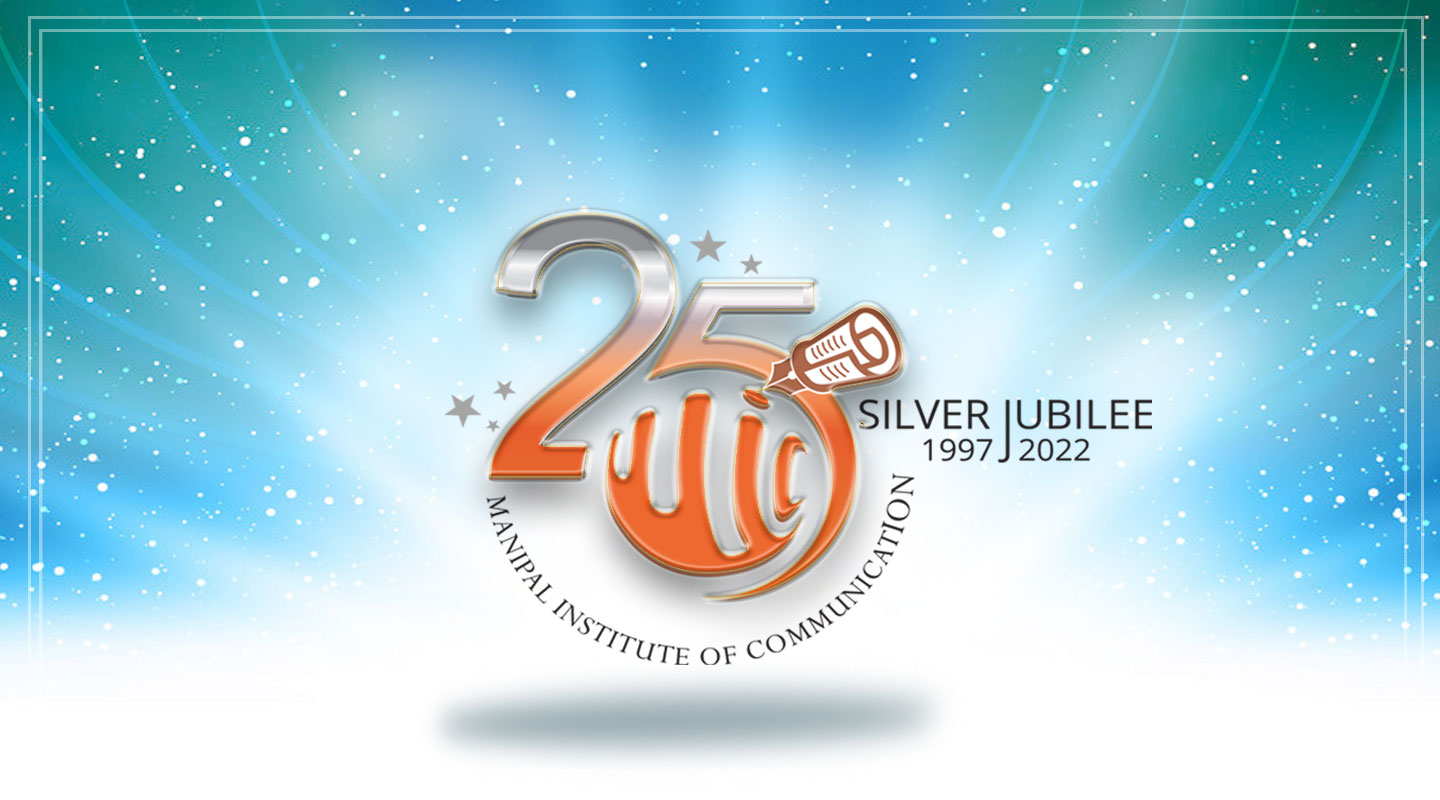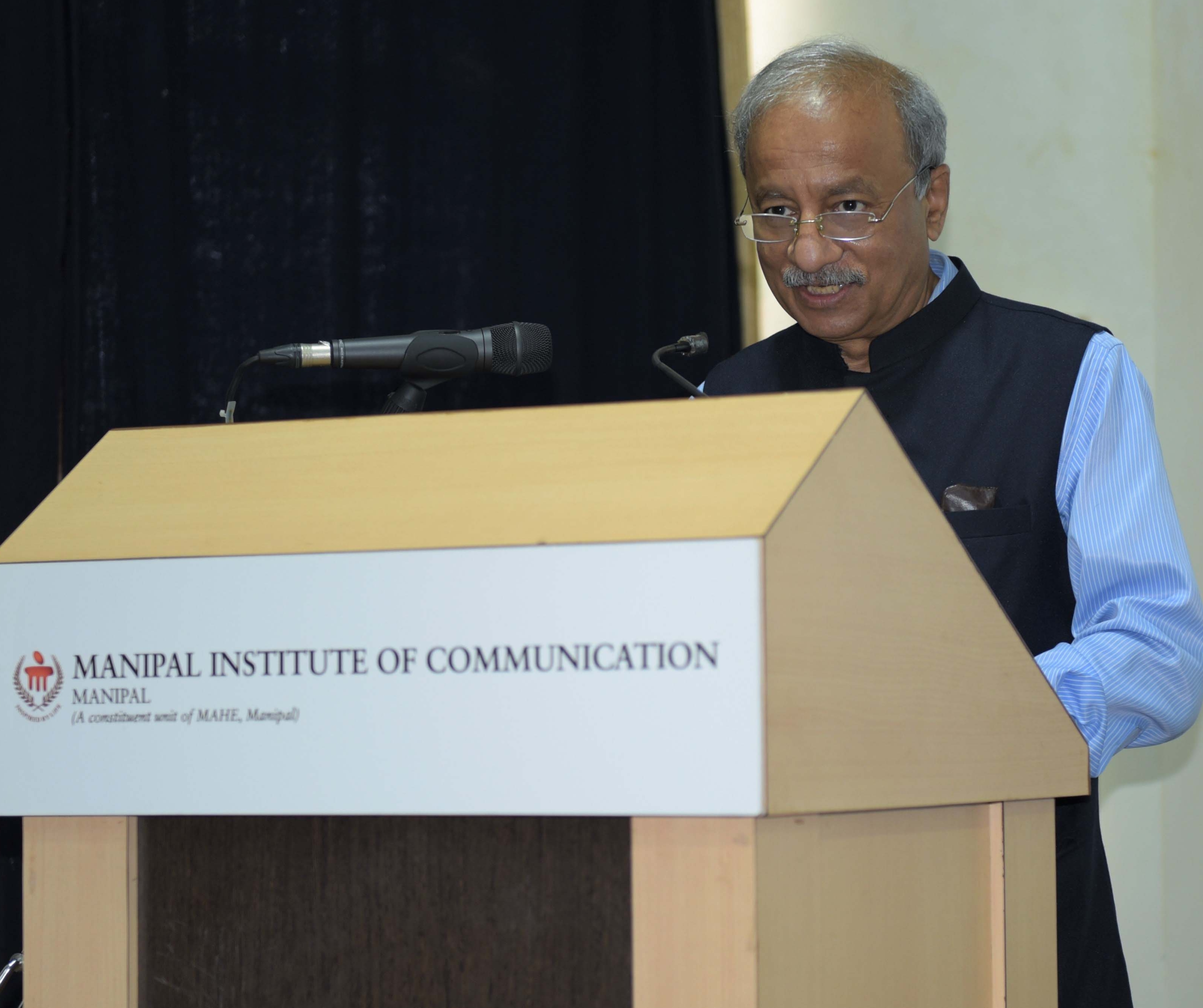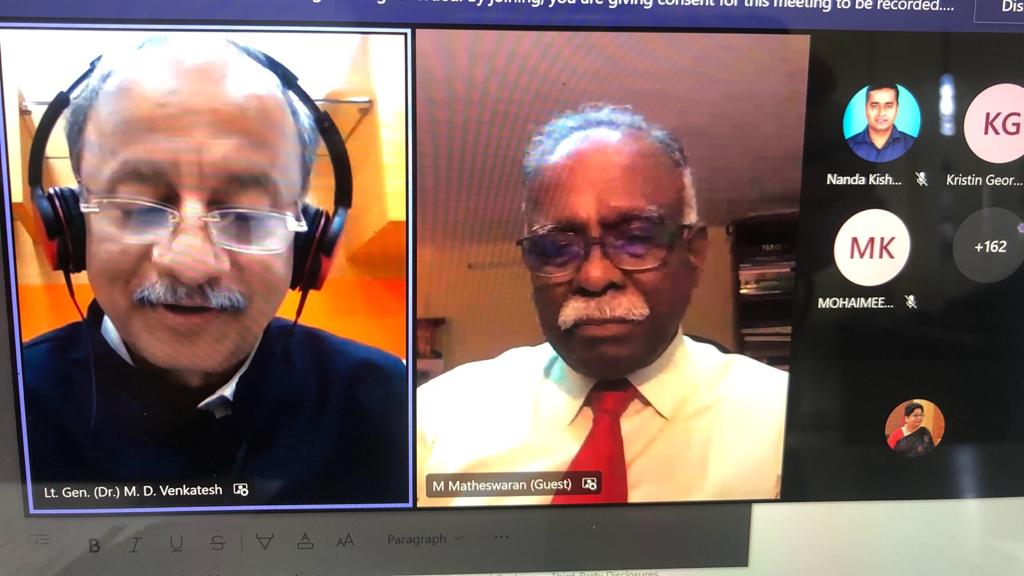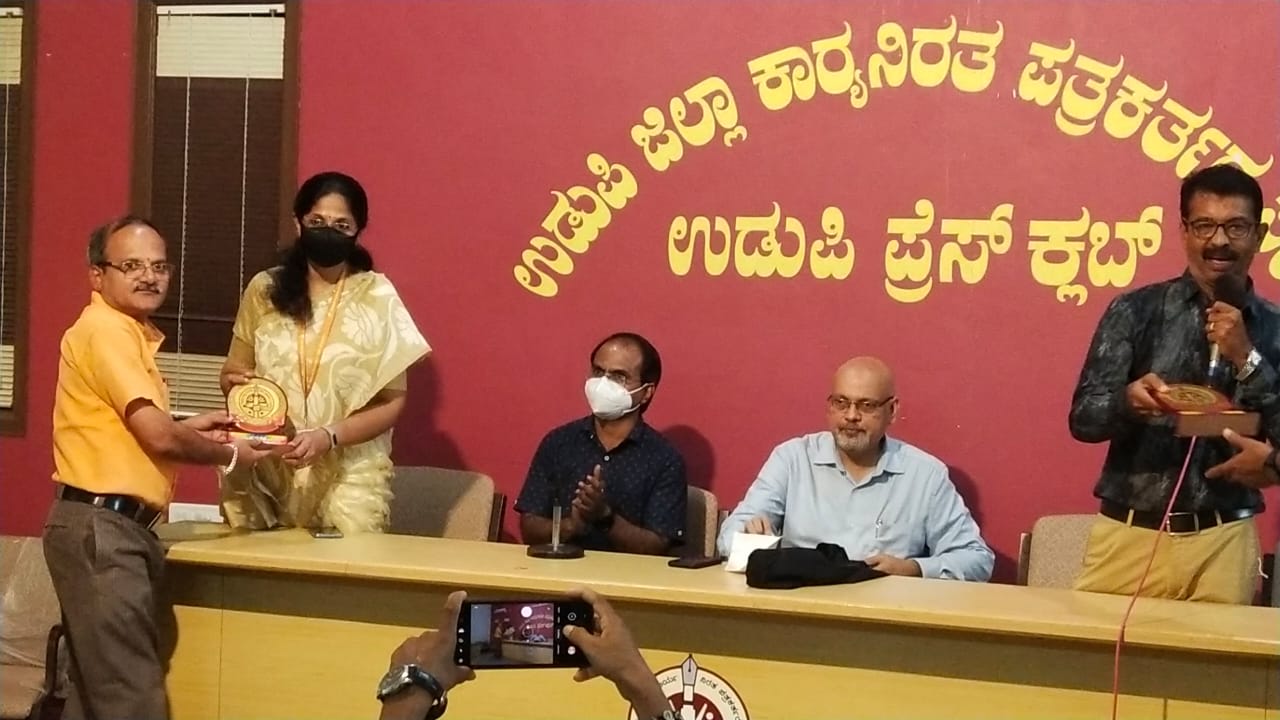Collaborative International Conference on Gandhi & Tagore organised by MAHE and Edinburgh Napier University
Start Date: February 22, 2019
End Date: February 23, 2019
Collaborative International Conference on Gandhi & Tagore organised by MAHE and Edinburgh Napier University
Hosted by Manipal Academy of Higher Education, Manipal, Karnataka
Samaj and Freedom(s) - The relevance of Gandhi and Tagore’s Ideas Today
Concept Note:
In a letter to C.F. Andrews, Rabindranath Tagore said ‘We have no word for nation in our language. When we borrow this term from other people it never fits us’,[1] For Rabindranath, nation with a small ‘n’ signified her samaj, the society which thrives when it embodies a country’s aspirations, is responsible for her progress and has the wellbeing of her citizens at the heart of its collective consciousness. When the samaj deteriorates to a moribund state, crushed by subservience to an outside power, riddled by superstition, marred by discrimination and inequality, a sense of apathy holds it back from realising its full potential. The reliance on samaj, rather than the state (Rabindranath’s Nation with a capital ‘N’), should rest with the people rather than the ruling power, a tradition that is, according to Tagore, intrinsic to India’s sense of collective unity, a unity in diversity which guarantees India’s continuity as a nation. This is the samaj that Gandhi sought to ignite with a sense of its own worth, rousing a nation to unite as one voice to seek swaraj, self-rule, the freedom of the people to rule themselves. As Gandhi said to Tagore, ‘Our national struggle is in reality a struggle for liberty worthy of a self-respecting nation.’[2] The self-respect and self-reliance that Gandhi wished to arouse in the Indian nation/her samaj, was through implementing social justice by ensuring social inclusion. Tagore reflected the same idea in his essay on ‘Freedom’ where he said, ‘In India the real cause of the weakness that cripples our spirit of freedom arises from the impregnable social walls we raise between the different castes.’[3] In tune with Gandhi’s concerns, Tagore went on to say, ‘To gain this freedom we need to liberate ourselves from the fetters of self and from all those passions that tend to be exclusive. It is this liberating principle that we must apply to an imprisoning world.’[4]
In a world where conflicts continue, as narrow nationalism sweeps across Nations, driving wedges between social groups and nations, as borders are policed and walls constructed, as majoritarianism marginalises minorities, reinforcing the peripheral positioning of the ‘Other’ in a climate of intolerance and fear, samajic (social) stability is jeopardised and threatened and holistic progress of a community can thus be stalled. Tagore and Gandhi’s concerns about samajic (social) freedom(s) remain more relevant than ever.
To keep the spirit of freedom alive in society, we invite scholars/researchers to join this debate and share their thoughts and ideas on how we can protect and exercise our freedoms in a samaj marked by its sense of social responsibility, relying on the foundational tenets of acceptance, accommodation and creative experiment which can guarantee progress for the nation.
[1] Letter from Tagore to CF Andrews, see Sabyasachi Bhattacharya, The Mahatma and the Poet (New Delhi, 1997 and London: Penguin Viking, 2011), p. 55.
[2] In a letter from Gandhi to Tagore, dated 5 April 1919. Quoted by Uma Das Gupta, Friendships of Largeness and Freedom: Andrews, Tagore and Gandhi: An Epistolary Account (New Delhi: Oxford University Press, 2018), p. xv.
[3] Rabindranath Tagore, ‘Freedom’, in Ed. Nityapriya Ghosh, The English Writings of Rabindranath Tagore (New Delhi: Sahitya Akademi, 2007), p. 628.
[4] Ibid.
Keynote Speaker:
Dr. Talat Ahmed, University of Edinburgh - School of History, Classics and Archaeology - United Kingdom: “A Samaj and Swaraj for the twenty-first century”
Papers on the following broad themes are welcome:
§ Liberty and Liberation in samaj
§ Freedom(s) as basic human rights
§ Creativity: the place of art and culture in samaj (society)
§ Inter-cultural dialogue and transnationalism
§ The Idea of Samaj/Society
§ Environment and Sustainability
§ Education: holistic, creative and interdisciplinary
§ Rural reconstruction
§ Urban regeneration
§ The position of ‘truth’ today
§ Abstract length: 300 words
§ Abstract submission mail ID: gtconf19@manipal.edu
§ Last date for abstract: 30th November 2018
§ Acceptance of the paper: 15th December 2018
§ Submission of the complete paper: 12th January 2019
§ Last date for Conference Registration: 22nd January 2019
Registration Fee:
Indian |
Foreign |
|
Academicians/Faculty |
3000 (INR) |
50 (Pounds) / 65 (USD) |
Students (Ph.D. Scholars and Graduate Students) |
1500(INR) |
35 (Pounds) / 45 (USD) |
* Kindly note, registration fee is exclusive of accommodation and travel.
Travel: The nearest airport to Manipal is Mangalore. It is connected by flights from Mumbai, Bangaluru and New Delhi. There are direct flights to Mangalore from Dubai, Abu Dhabi.
- INTERNATIONAL CONFERENCE COMMITTEE
.jpg)



